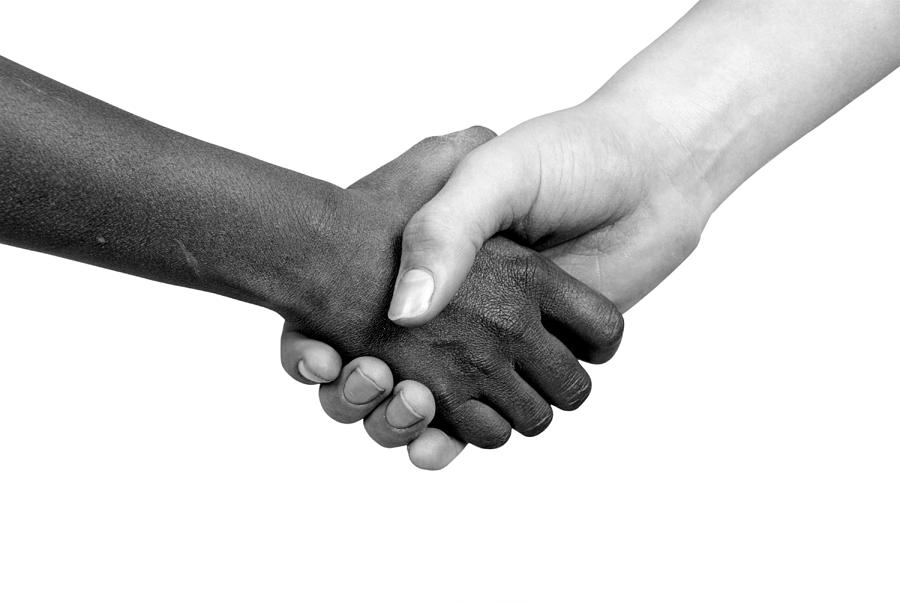Blog Post #1 - Power, Privilege, and Difference by Alan Johnson
Quotes from Dr. Alan Johnson and the Reality of Power, Privilege, and Difference
"You can't deal with a problem if you don't name it; once you name it, you can think, talk, and write about it."
This quote emphasizes the importance of identifying and labeling issues. By naming a problem, it becomes tangible and can be addressed through discussion and analysis. This is relevant because it highlights the first step in tackling social issues: recognition. Once a problem is recognized and named, it allows for a common language to be developed around it, enabling more effective communication and collaboration in finding solutions.
"People don't want to look because they don't want to know what it has to do with them and how doing something about it might change not only the world, but themselves."
This quote explains why people often resist acknowledging social issues like racism or sexism. It suggests that people fear the personal and societal changes that might come from addressing these problems. This is relevant as it shows the psychological barriers to social progress. By understanding these fears, we can work to create environments where people feel safe to confront and discuss these issues. It also emphasizes the need for education and awareness to break down these barriers, creating a culture of openness and willingness to change for the better.
"Social change is a process, not a single event."
This quote reminds us that meaningful change takes time and effort. It's relevant because it encourages patience and persistence when working towards social justice. Reflecting on this, we might consider how small, consistent actions contribute to larger societal shifts. Each step, no matter how small, adds up over time and can lead to significant progress. This perspective helps us stay motivated and committed, understanding that even the smallest efforts are valuable and contribute to the greater good.
Overall, the text provides valuable insights into the processes and challenges of addressing social issues. By naming problems, recognizing privilege, and practicing active listening, we can begin to dismantle systemic inequalities. Social change is a gradual process that requires patience, empathy, and a commitment to understanding the experiences of those most affected. Reflecting on these quotes helps us appreciate the importance of awareness and action in creating a more inclusive society, but how does the act of naming social issues influence our ability to address them, and why do you think people resist acknowledging terms like racism or privilege?
PRIVILEGE POWER AND DIFFERENCE 1-3 (1).pdf

You chose some great quotes! My favorite quote you chose is the last one: "Social change is a process, not a single event." I think this goes hand in hand with the idea that people don't want to acknowledge change. The reason being is because change is not quick, nor easy. If it were, then everyone would be on board. Overall, nice work!
ReplyDeleteLove love the quotes, I included the the first one as well in my blog. Your definition was better than mine!
ReplyDeleteGreat quotes! And my goodness, great synopsises! Overall, good job.
ReplyDeleteI like your use of quotes to separate the different sections of the blog post. Very well informed!
ReplyDeleteI really like the quotes you chose. I think that they support your claims and sum up the argument perfectly.
ReplyDeleteI love all of your quotes! I enjoyed how you explained each of them, it made them each easier to understand.
ReplyDelete